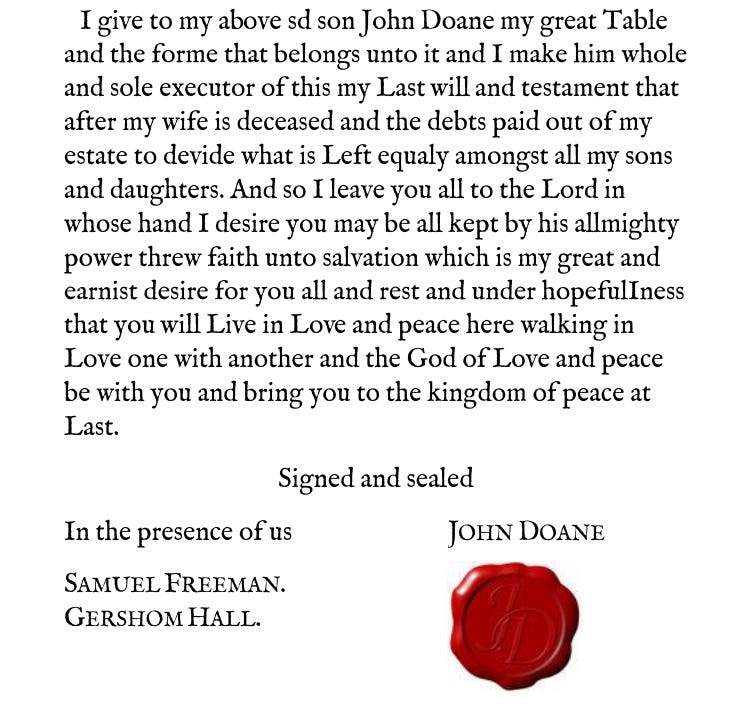
“A music librarian brought Stephen Sondheim to tears — and got him to bequeath his life's work” (CBC Radio, 27 June 2025).
Bequeath. From Old English BE + cweðan (the ð is called “eth”, so the word was pronounced like be-KWEE-than).
Cweðan meant “to say, utter, speak, blame” (from it we also get the old word quoth). But eventually bequeathan came to only mean legally passing something on in a will. What’s the connection between the earlier and later meanings?
Apparently up until the late Middle Ages a person’s will was binding when it was spoken aloud. Many folks were not literate, so it had to be done officially in the hearing of all concerned. Also, literate people did not read silently in the early medieval era. Everything was read aloud, even if you were alone. So it is easy to understand that the written wishes of a dead relative “took form” and legal power when they were spoken aloud.
What is harder to understand is why the word bequeath is passing away (see ngram chart above). Why isn’t it being used as often as betray or beneath or bewilder? Why does bequeath sound like a “fancy word” when believe does not?
I’m guessing it’s for two reasons. The first is obvious… it was used in legal settings, so it became part of lawyer-speak and not something you say off the cuff. If you wanted to talk about the issue you might say inheritance instead.
The other reason is just a hunch. One of the elements of society that has changed so much since 1900 is the shift from rural to urban settings and multi-generational homes to single homes. While the family wasn’t “breaking down” yet, I do wonder if the shifts from the 19th century over time meant people had less of a connection to their forebears. If your grandparent wanted to leave you something in his'/her will, simpler language was used. So bequeath is archaic, but not dead yet. I still love the idea of one generation showing good will to another after passing away.
I like the archaic definition of bequeath: speaking, uttering. What do we say with our words? Do they have value? What do you bequeath those who hear you? It’s a deep irony that in our literate age the Internet has given rise to the emptying of words, from trolling people to the increase of exaggeration and deception.
There’s something really beautiful in the idea that we want to leave a good word behind for others… and that our words do have meaning. This is seen especially in the rare thank you card or thoughtful email. I love to discover words in old letters that speak blessing over future generations. Essays and poetry and fiction embody this too.
I hope we all can bequeath something good to the next generation.




